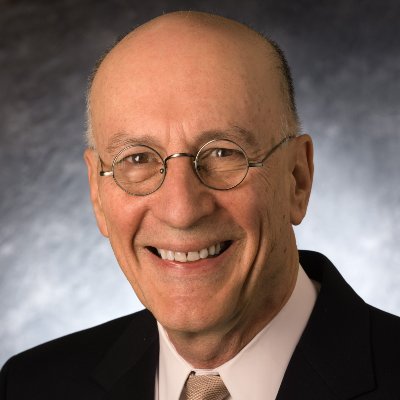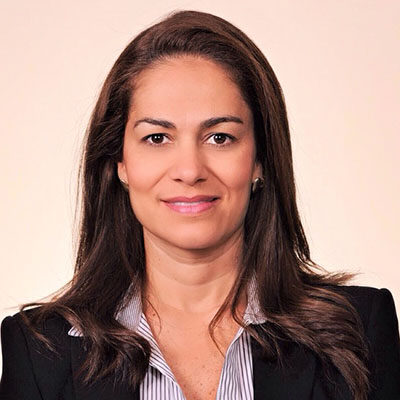Fluoride in Caries Control: Benefits, Controversies, and Current Research
This webinar explored the use of fluoride in caries prevention, the controversies surrounding its toxicity, and current research addressing those concerns. The session featured presentations from leading experts in the field, followed by a Q&A session.
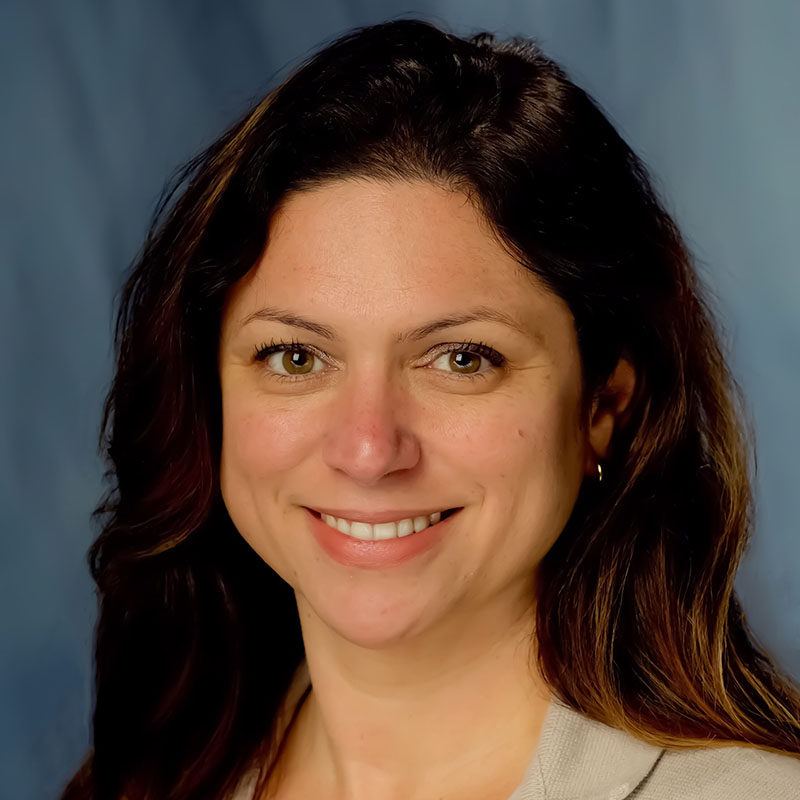
Introduction of webinar and speakers
Dr. Marcelle Nascimento (University at Buffalo), AAC President
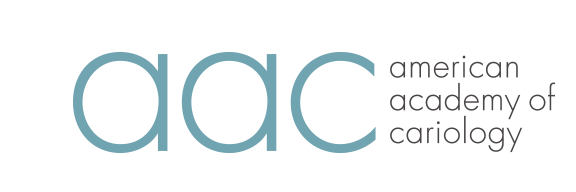

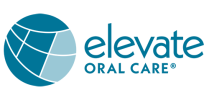









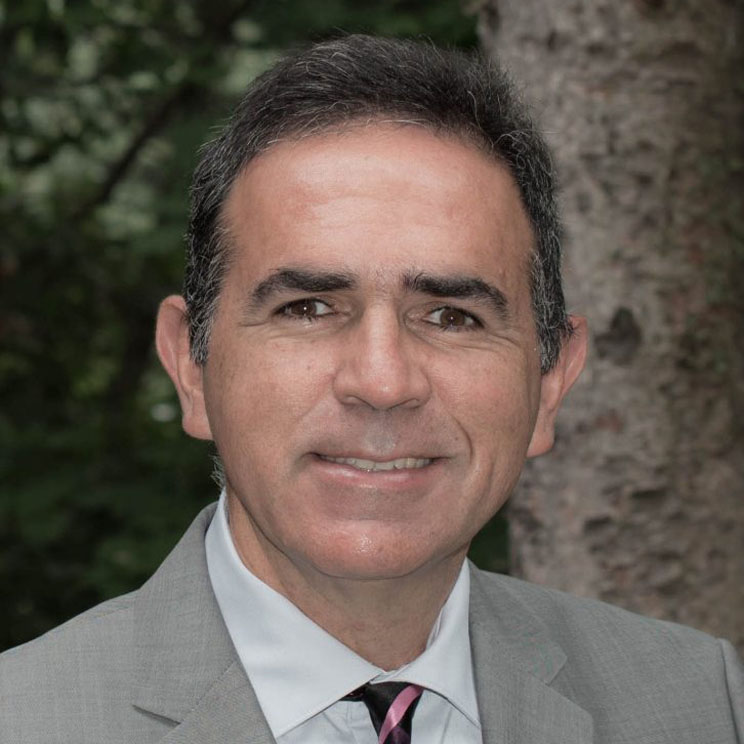
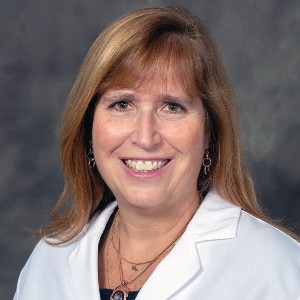
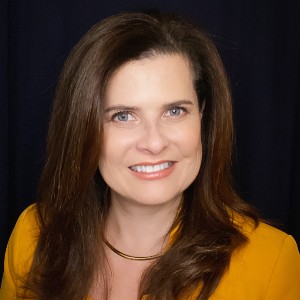
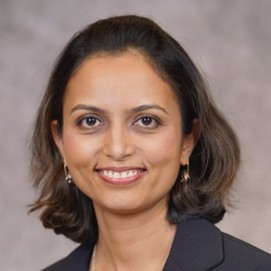 CBCT and artificial intelligence in radiographic detection of dental caries: current status
CBCT and artificial intelligence in radiographic detection of dental caries: current status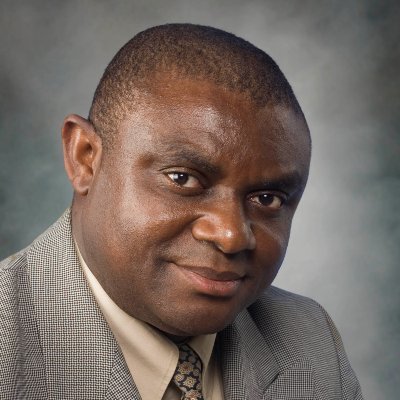 Advancing caries detection and diagnosis with new technologies
Advancing caries detection and diagnosis with new technologies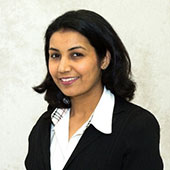
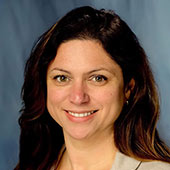
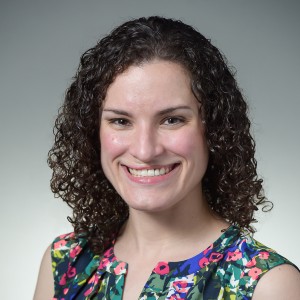 Interim caries management on the road to the operating room: a non-invasive management pathway for patients with special healthcare needs
Interim caries management on the road to the operating room: a non-invasive management pathway for patients with special healthcare needs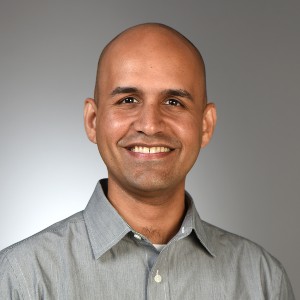 Diagnosing and treating hyposalivation to reduce the risk for dental caries
Diagnosing and treating hyposalivation to reduce the risk for dental caries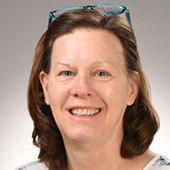
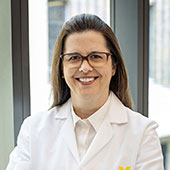
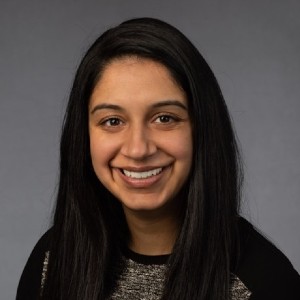 A tooth’s silver lining: an update on SDF
A tooth’s silver lining: an update on SDF